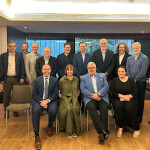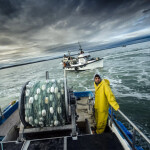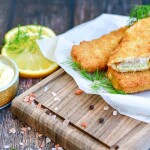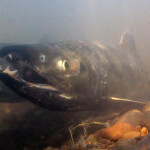An Indonesian barramundi producer is gearing up for an expansion that would make it the world’s largest producer of ocean-reared barramundi.
Located on Jukung Island in the Thousand Island Archipelago, Fega Marikultura was launched by Indonesian media mogul Sofjan Alisjahbana in the late 1970s, as one of Indonesia’s first black tiger shrimp producers. The operation included a shrimp hatchery and processing plant.
However, after construction of a pulp mill damaged the water intake, Alisjahbana converted the operation into a fish hatchery about 15 years ago.
Now, the operation focuses on barramundi, with the hatchery producing 150,000 to 200,000 fry per month, and last year produced between 300 to 400 metric tons of barramundi. Currently, Fega has enough fish in the water to produce 3,000 to 4,000 metric tons of the fish this year.
Fega recently announced it is aiming to increase its annual production tenfold, to 30,000 to 40,000 metric tons, by 2013. That would match current annual global production of 30,0000 metric tons, Dr. Stephen G. Newman, an aquaculture industry consultant hired by Fega to help with marketing, told SeafoodSource. This year, the company plans to harvest 6,000 metric tons of barramundi.
The former shrimp processing plant, outside of Jakarta, is now running as a barramundi processing plant and is currently being remodeled. The target date for completion is July. In addition, Fega is working toward complete vertical integration.
Newman thinks the company will be successful and is “well-situated to become a leader in the field.”
“They have been very conservative in their approach and are continuing to be conservative,” said Newman. “Their expansion is driven by demand — not by somebody’s will-nilly idea of ‘let’s just produce a lot of fish’ because they can. They are committed to being sustainable and being around for the foreseeable future.”
Since there are currently no standards for farmed barramundi, Newman was also hired by Fega to evaluate the sustainability of the operation. Newman is assisting the company in developing the framework that is required for it to be certified so that when standards are finalized, it will already be largely, if not fully, compliant.
“My perspective as someone who’s wandered the globe and seen fish farming operations, it’s very rare to find an individual and a group who understands the importance of a pilot project and taking a slow and methodical approach,” said Newman. “Based on my definition of sustainability they are sustainable.”





